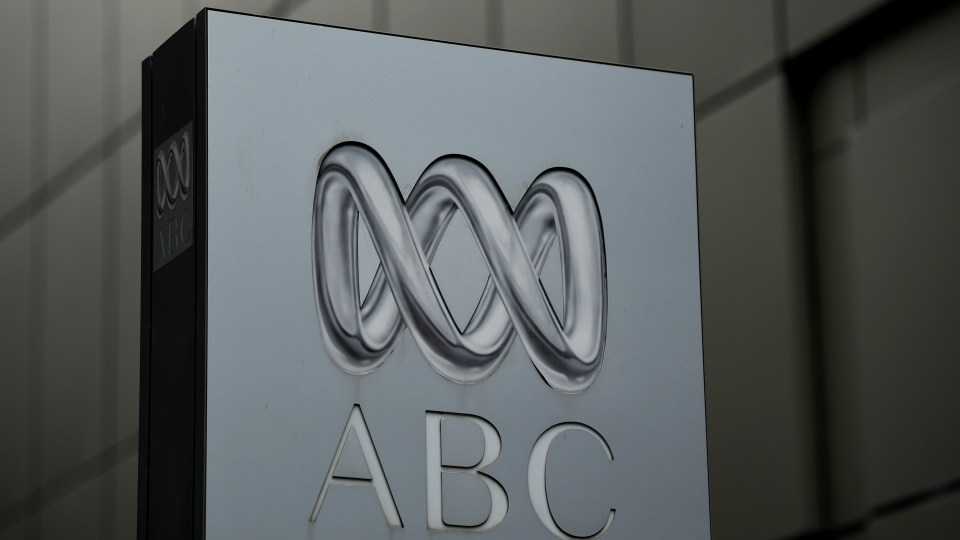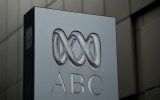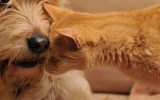


ABC investigative journalists held themselves up as elite and defensively circled the wagons in response to criticism from so-called “bottom feeders” at other media outlets, a judge says.
But the national broadcaster’s lawyer argues ABC reporters were only defensive because of an agenda to stop its reporting on alleged war crimes, a matter of public interest.
Reports from the ABC Investigations team have forced its journalists into the witness box after former army commando platoon leader Heston Russell sued for defamation.
Mr Russell was leader of November platoon, which the ABC alleged executed a prisoner because they would not fit on a helicopter.
The allegation was based on comments from a US marine, who heard a “pop” over the radio in mid-2012 followed by advice there would be six rather than seven prisoners.
The claim was reported in October 2020 and revived in November 2021 when an ABC article reported the defence department had confirmed a criminal investigation into the platoon.
The later report came after a rejected Freedom of Information request rather than specific confirmation from the department, which later announced it was not investigating.
The ABC Investigations team represented to the world it had specialised skills over and above ordinary journalists and its branding lent it a “patina of rigour”, a Federal Court judge said on Wednesday.
“Once you go around and preen yourself in public and say you’re special in some way, that carries responsibilities as well,” Justice Michael Lee said.
The national broadcaster’s barrister Nicholas Owens SC quibbled with “special”, saying the branding was not to represent superiority but rather difference in function.
Justice Lee disagreed, based on a “supercilious” reference to another journalist who reported Mr Russell’s denial of the allegation.
“A bottom feeder from a rag who’s an entertainment writer,” Justice Lee said, borrowing words from the ABC and its journalists.
Mr Owens said it was important to investigate and report on alleged war crimes for the same reason the ABC was so defensive against criticism of its investigative reporting.
“Defamation can be used to stop everyone out there from reporting on a particular subject matter,” he said.
“When those sorts of inhibitions are allowed to take root … the public is deprived of information … about public figures and on matters of public importance.”
Mr Owens added that Mr Russell’s denials of the allegations had been “framed in such a way as to heighten suspicion”, focusing on specific aspects of the claims rather than denying that the events themselves occurred.
Justice Lee said two themes emerged strongly from the ABC’s evidence during the trial: a high level of defensiveness against criticism, including from the Media Watch program it broadcast, and the level of suspicion journalist Mark Willacy and others at the ABC held about Mr Russell and his platoon.
Mr Owens said those suspicions reasonably entitled reporters to believe, based on other information they had, that the response to the FoI request confirmed an investigation.
Willacy had also been told by a confidential source about Mr Russell possibly being named in an upcoming report from war crimes investigators, the barrister said.
Closing addresses in the trial continue.
Lifeline 13 11 14
Open Arms 1800 011 046
– AAP










